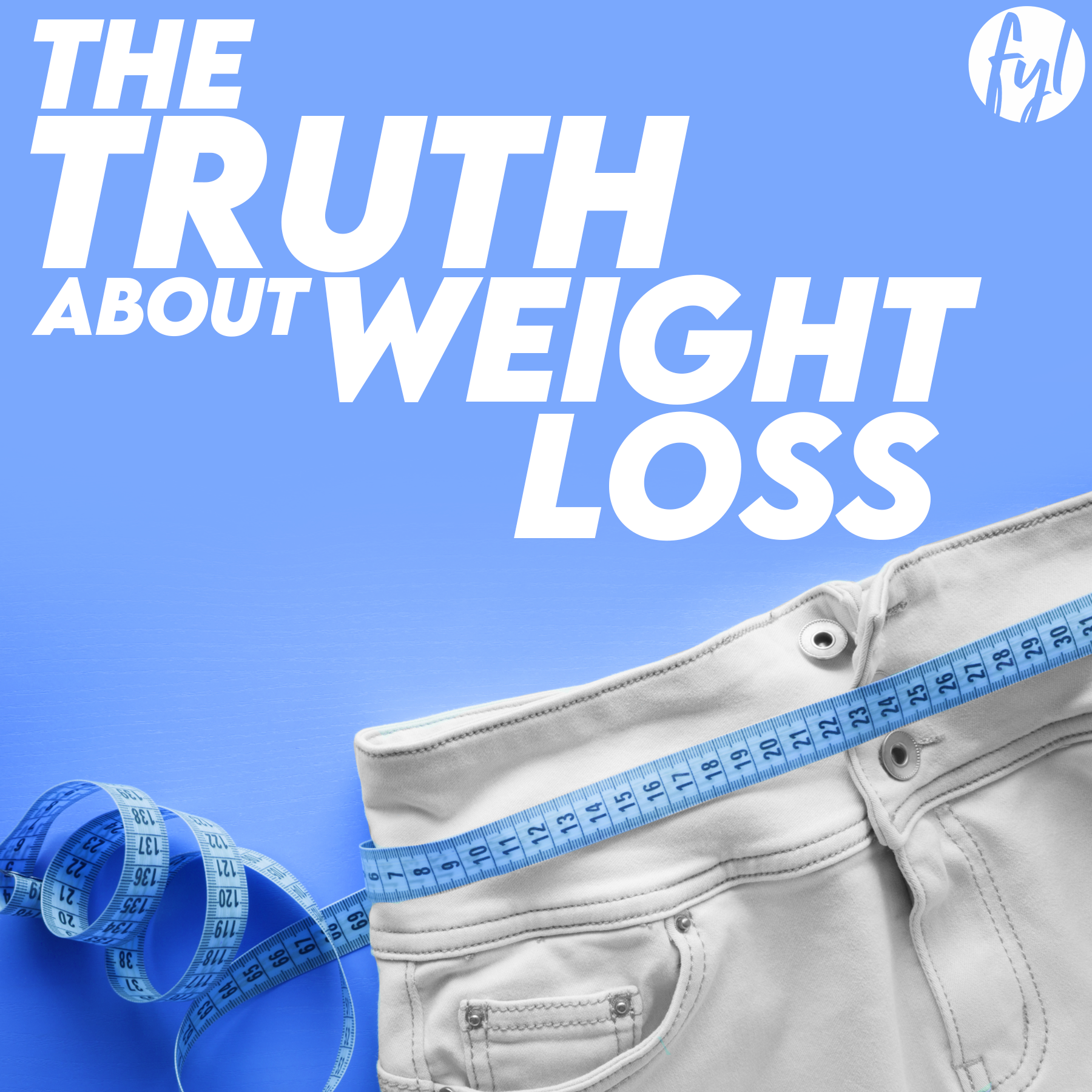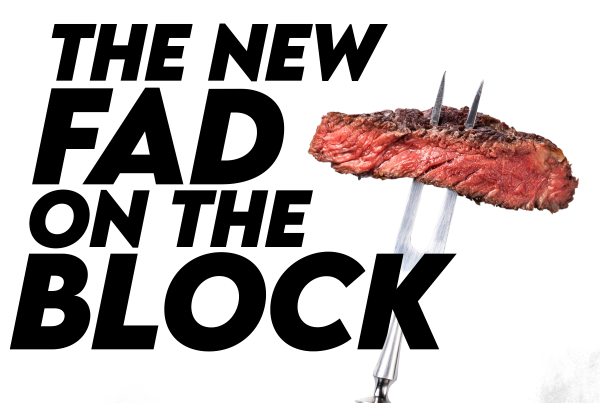Ever struggled with weight loss? What about maintaining that loss? Yup, me too. It’s hard! Especially when we live in a world where information is so readily available, and there are SO many different “weight loss” plans you can find from a simple Google search. Whether it be a diet plan, pills… Mouth drops, even hypnotherapy!
We want to debunk some of those myths and simplify the message around weight loss, so that your goals are more achievable.
Why We Struggle with Losing Weight
This is a complicated question because our weight is influenced by SO many factors. This includes, but isn’t limited to:
- Age
- Gender
- Muscle mass vs fat mass
- Exercise levels
- Stress
- Sleep
- Medical conditions
- Medications
To name a few… But to keep it simple: it’s all to do with our energy requirements i.e., how many kilojoules we need to live, breathe, think, keep our blood pumping etc.
Some days our energy requirements can be high – other days they can be low. One of the main things that will influence that requirement on any specific day is exercise. The more we exercise, the more energy we need to maintain our weight and vice versa. If we are not so active, then we need to consume less energy (kilojoules) to maintain our weight. Makes sense, right?
So, when we go on a weight loss plan, the goal is to keep our overall energy intake (kilojoules in food and drinks consumed) LESS than our energy requirements (kilojoules needed to stay alive and fuel our activity) so that we can achieve what is known as an energy deficit.
If you’re struggling to lose weight, odds are you are consuming more kilojoules than you realise and you’re not achieving the energy deficit required for weight loss.
Why We Regain Weight After a “Diet”?
Congratulations, you stuck with your diet plan and achieved your weight loss! Now what? This is a crucial moment that will determine if your weight loss will be maintained or regained.
Often, when we are trying to lose weight, we change our whole diet and exercise routine. But once we’ve achieved that goal, these changes tend to go out the door and slowly, we fall back into our old weight-gaining habits. This is one of many reasons that quick fixes and fad diets DON’T work. You can’t keep them up forever – and most of them aren’t even designed to be long-term.
So, where does that leave us?
Top 5 Foods to Aid with Weight Loss
Jokes, this doesn’t exist.
As we said earlier, it’s about being in an energy deficit. You can eat anything and still be in an energy deficit – as long as you’re taking in less energy in total than what your body requires to live. Bearing in mind, weight loss does not equal good health, especially if achieved through the elimination of core food groups – and this is where a lot of that misinformation floating around wreaks the most havoc.
Tips for Sustained Weight Loss
See a dietitian! No seriously, literature shows that quick-fix diets do not work. The evidence shows that the best approach to weight loss is long-term behaviour changes. This is where we come in, we don’t just provide a meal plan and send you on your way.
Instead, we coach you through long-term adjustments to your diet with respect to your individual goals that can last long after you achieved your initial weight loss goal. As dietitians, our end goal is to help you achieve your weight loss goal and keep it off, without omitting anything from your lifestyle.
The truth is: it’s not easy, there is no “magic” pill or diet to help. It’s all about achieving an energy deficit to lose weight and making long term lifestyle changes along the way to keep it off.
If you’d like to learn more about how to lose weight or optimise your physical and mental health with food, explore our latest online nutrition programs. The self-guided courses were developed by Fuel Your Life’s Accredited Practising Dietitians and focus on improving your life, work performance and mental health. For more personalised nutritional advice, chat with one of our experienced dietitians and get started today.







